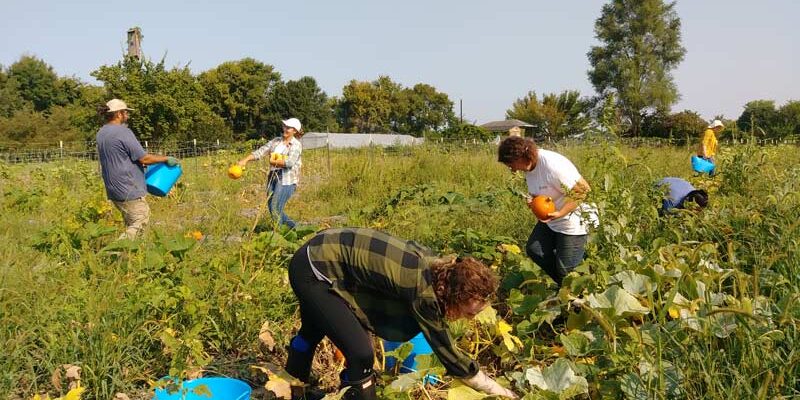Complexity of Life and its Dependence on the Environment
Note: The following blog links to one of our Platform Tenets regarding supporting reforestation and ecological restoration.
In Chapter 1 of “Our Planet, Our Health, Our Responsibility,” Werner Arber writes that because of the extensive scientific research carried out over the past 200 years, we have obtained increasingly better insights into the ongoing evolution of living organisms and their habitats.

We have thereby acquired information on the complexity of life and its dependence on the environment, which lead us to better appreciate the need to safeguard the high diversity of both living organisms and their environment.
Ongoing research projects continue to provide insight into evolutionary processes, which are carried out in nature by self-organization, taking care to safeguard a relatively high genetic stability and also ensuring occasional variations of living conditions and their inhabitants.
The human population on our planet should avoid intervening in these naturally ongoing evolutionary processes to ensure high biodiversity and its sustainable long-term development.
It is important to maintain the rich biodiversity on our planet Earth. Future scientific investigations are expected to allow our civilization to reach this goal by preventing activities that lead to the partial extinction of species existing in the diversity of life.
In addition, we should also take care not to entirely use up essential raw materials by our life activities.
As members of the human species, we have the privilege of a high intellectual capacity. Thus, we realize that our life interdepends on the presence and activities of many other species of living organisms.
Based on long-term insights, the Christian religions attribute to Homo sapiens the role of a good shepherd of creation, who should take care of other kinds of organisms and their habitats.
Following this conceptual task, we are expected to protect the presence of a rich diversity of other kinds of living organisms.
As shepherds, we have the responsibility to protect the long-term living conditions of the planet, including the natural process of biological evolution.
In addition, it is our task to bring the world view described in this chapter to the attention of all human beings on our planet. This requires a well-qualified education applied to human societies worldwide.
Werner Arber is a Swiss microbiologist and geneticist who was awarded the Nobel Prize in Physiology or Medicine in 1978.


